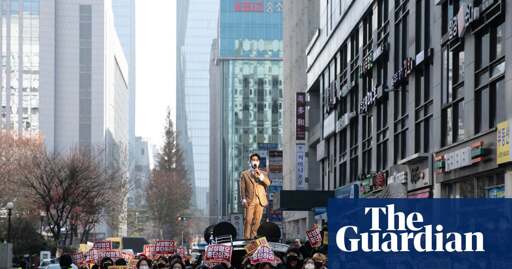

The best way to implement that ban is to have a variable on the device (smartphone) that holds the approximate birthdate of the user (sth like 2002-01-01) and then the device gives forward the information about whether the user is 16+, 18+ forward to any app of maybe even website that requests that info.
The parent who buys the device gets a code to configure the device to set the birthdate, and without that code, it’s not changeable for the user. The platforms then only have to look at that variable to figure out whether the user is old enough.
This way, you shift responsibility to the user, but in a way that is technically possible. Because today, it’s almost impossible for a not ultra-tech-affine parent to actually implement age controls on their children’s devices.








well good luck then :)